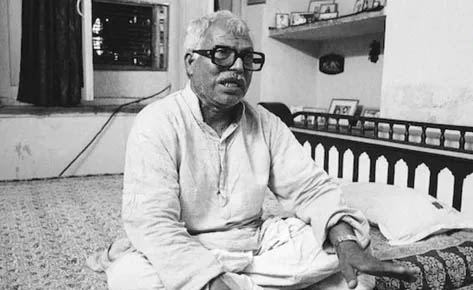On the eve of his birth centenary, Bihar’s beloved “Jan Nayak,” Karpoori Thakur, has been posthumously awarded the Bharat Ratna, India’s highest civilian honour. This recognition is in recognition of a leader whose unwavering commitment to social justice continues to reverberate through the corridors of Indian politics. Thakur, born in 1924 into a marginalized community, wasn’t destined for greatness by societal norms. Yet he defied his circumstances, fuelled by a burning passion for equality. He abandoned his college education to join the freedom struggle. This early fervour laid the foundation for a political career marked by a singular mission: empowering the downtrodden. His two stints as Bihar Chief Minister, though brief, etched indelible marks on the state’s social landscape. The 1970s were witness to Thakur’s pioneering initiatives: total prohibition, a bold move against societal ills, the introduction of quotas for backward classes, opening doors for generations, and a relentless focus on education and welfare. These weren’t mere policies; they were thunderous pronouncements against entrenched discrimination, whispers of hope for those yearning for a better tomorrow.
Thakur’s legacy transcends his tangible achievements. It lies in the unwavering spirit he embodied-the spirit of a “Jan Nayak,” a leader who understood the pulse of the people, who felt their pain, and who tirelessly fought for their rights. He was a living example of how power, when wielded with empathy and righteousness, can truly transform lives. The Bharat Ratna, therefore, is not just a personal honour; it’s a celebration of a movement, a recognition of the collective struggle for equality that Thakur championed. Thakur’s legacy serves as a stark reminder that the pursuit of a just and equitable India demands constant vigilance, unwavering commitment, and leaders who walk the talk, just like “Jan Nayak” Karpoori Thakur. This Bharat Ratna isn’t simply an ornament; it’s a torch, blazing a path for future generations to carry forward the fight for a society where every individual, regardless of caste or creed, can stand tall and claim their rightful place under the sun.
Trending Now
E-Paper


